Christmas colors light up a diverse Syria as peace & stability return – and the West barely noticed
Vanessa Beeley is an independent investigative journalist and photographer. She is associate editor at 21st Century Wire.
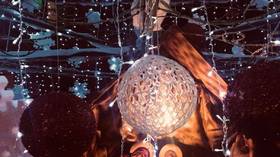
Christmas celebrations have literally radiated out across Syria and western media was curiously silent in the face of such displays of unity and solidarity among Syria's diverse peoples.
Syrians saw off the year 2018 under a glittering canopy of festive lights and elaborate decorations adorn the streets of many cities, towns and villages throughout much of the country.
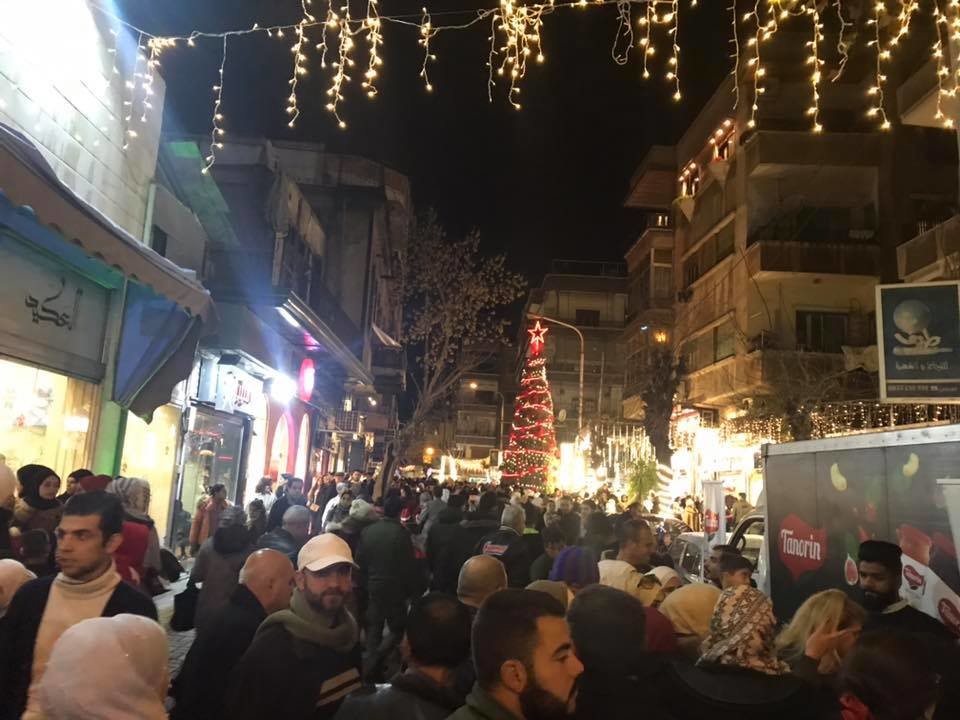
Izraa, a town in the southern province of Daraa, was liberated from US Coalition client terrorism in July 2018 after the surrender of the armed groups. Residents celebrated Christmas for the first time in seven years and they celebrated in style.
In Damascus, people poured onto the streets of the Old City without fear of a rain of mortars from extremist groups in Eastern Ghouta, an area fully cleansed of armed groups, by the Syrian Arab Army and allies in April 2018. I walked among the thousands of civilians who gathered around the towering Christmas trees and jostled each other to take selfies next to the myriad of Christmas displays that lined the streets.
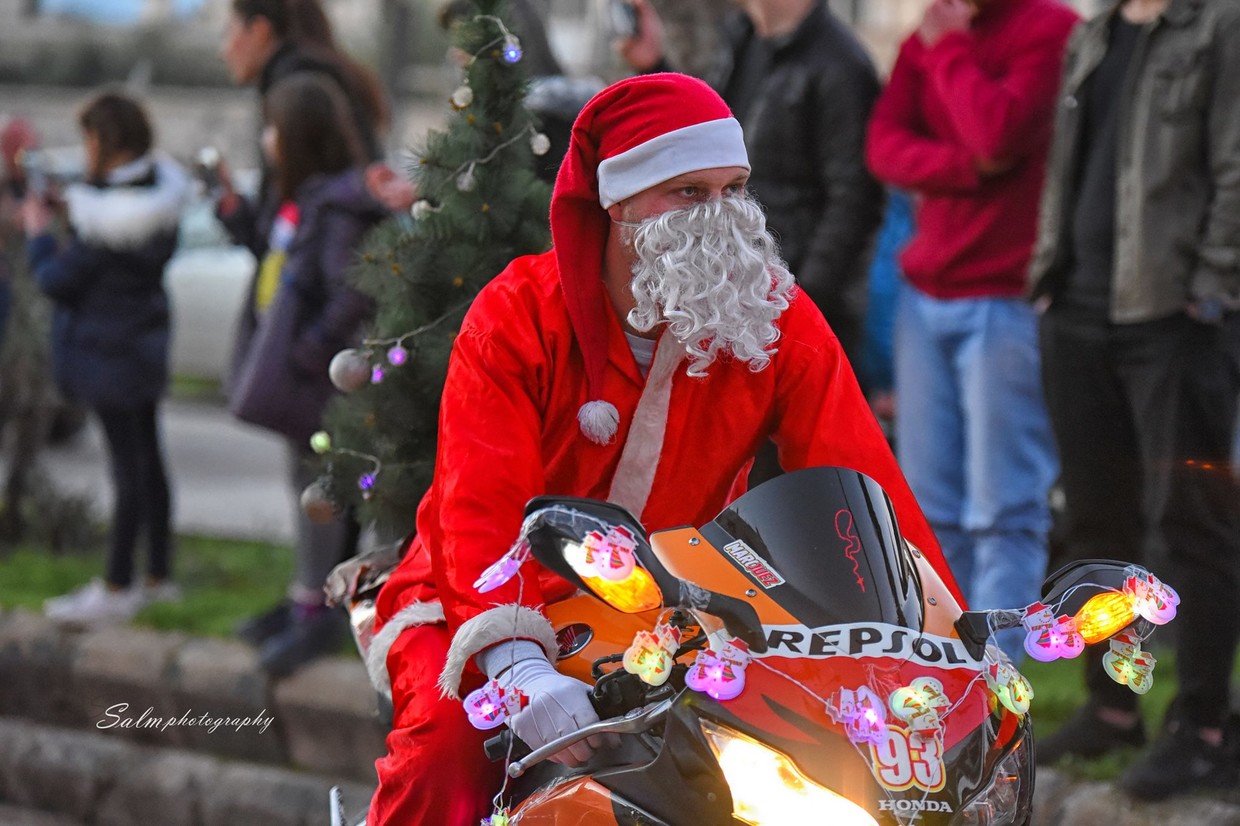
In 2018 this was not only a “Christian” festival, this was a rebirth of the Syrian celebration of life and a symbol of victory over international terrorism - a vindication of all that Syria has represented and defended for seven long and arduous years spent battling western-backed ideological extremism that would tear apart the secular fabric of Syrian society and reduce it to sectarian hatred and ensure the extinction of minority communities in a country that has embraced diversity for centuries.
During his Christmas Eve sermon in 1967, Martin Luther King said “We must either learn to live together as brothers or we are going to perish together as fools”. While NATO-aligned media in the West has maintained a sectarian narrative with regards to the Syrian conflict and has dehumanised the Syrian people who have stood by their Government, their President, their Army and their allies - Syria has resolutely drawn together the threads of its cultural tapestry in defiance of such simplistic narratives and has confounded its enemies who underestimated the power of a people who have withstood centuries of invasion and instability.
ALSO ON RT.COMChristmas 2018: Iran and Syria show respect, Israel and Saudi Arabia don't
Dr Hadi Yazjii is a Syrian American physician who spent the first two decades of his life in Syria before moving to the US. He told me:
“Given the fact that modern-day Syria and ancient Syria (including Damascus and Antioch) has been the actual place that is responsible for spreading Christianity to Europe, Syrians feel a special sense of universality, responsibility and pride in their heritage which transcends the pure religious celebration. Christmas reflects the sacred secular status of Syria and the Levant”.
This fierce belief in a secular heritage has been the life-force of the Syrian resistance against the FUKUS military adventurism and Gulf State, Turkish and Israeli sponsorship of extremism in the region. The ancient Christian town of Maaloula was invaded by Nusra Front and subsidiaries in September 2013. During the attack, three unarmed men from Maaloula were executed in cold blood, one after the other, as each one refused to convert to Islam. This stubborn resistance against ideological tyranny and persecution is what has enabled Syria to endure the hardship and suffering foisted upon them by the West and to emerge victorious despite the bloodshed and devastation that has affected every family and community.
After Damascus, I traveled to the Syrian Christian towns of Al Skeilbiyyeh and Mhardeh to the north of Hama province, bordering territory controlled by Nusra Front (rebranded as Hay’at Tahrir Al-Sham or HTS) who dominate the assorted extremist armed groups that occupy Idlib. Both towns have received thousands of mortars from the terrorist entities encamped on their borders, less than 500 meters away from the towns at certain points.
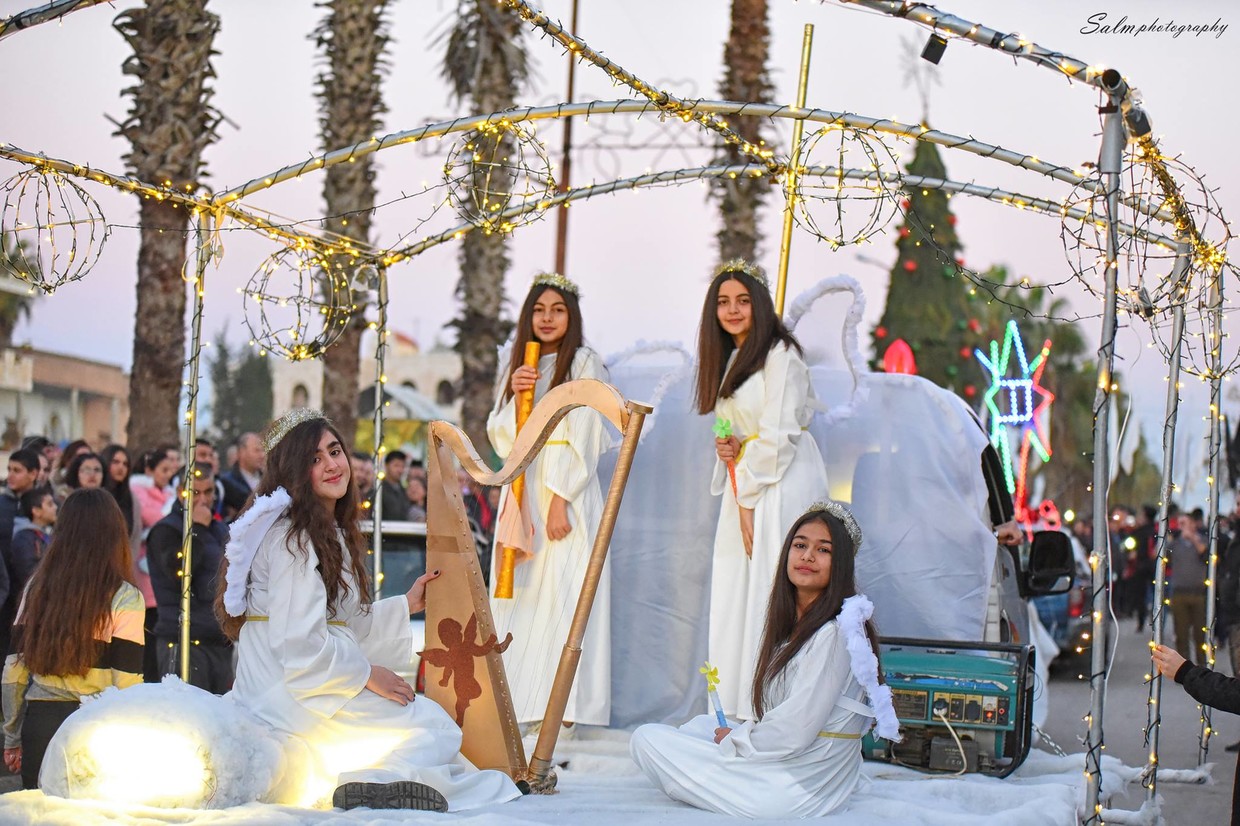
In Al Skeilbiyyeh, volunteers worked for fifty days on the production of a lavish and gloriously flamboyant Christmas carnival that spilled colour and joy onto streets that have been scarred by rockets and mortars for the last seven years. I spoke to the organisers who told me that they feel a deepening sense of security in recent months. For them, and all residents I spoke to, 2018 signified a shift away the uncertainty of previous years towards greater stability. This important shift was entirely attributed to the heroism of the volunteer Syrian National Defence forces and their commander, Nabel Alabdalla, who have valiantly defended the town and its people alongside the Syrian Arab Army and allies.
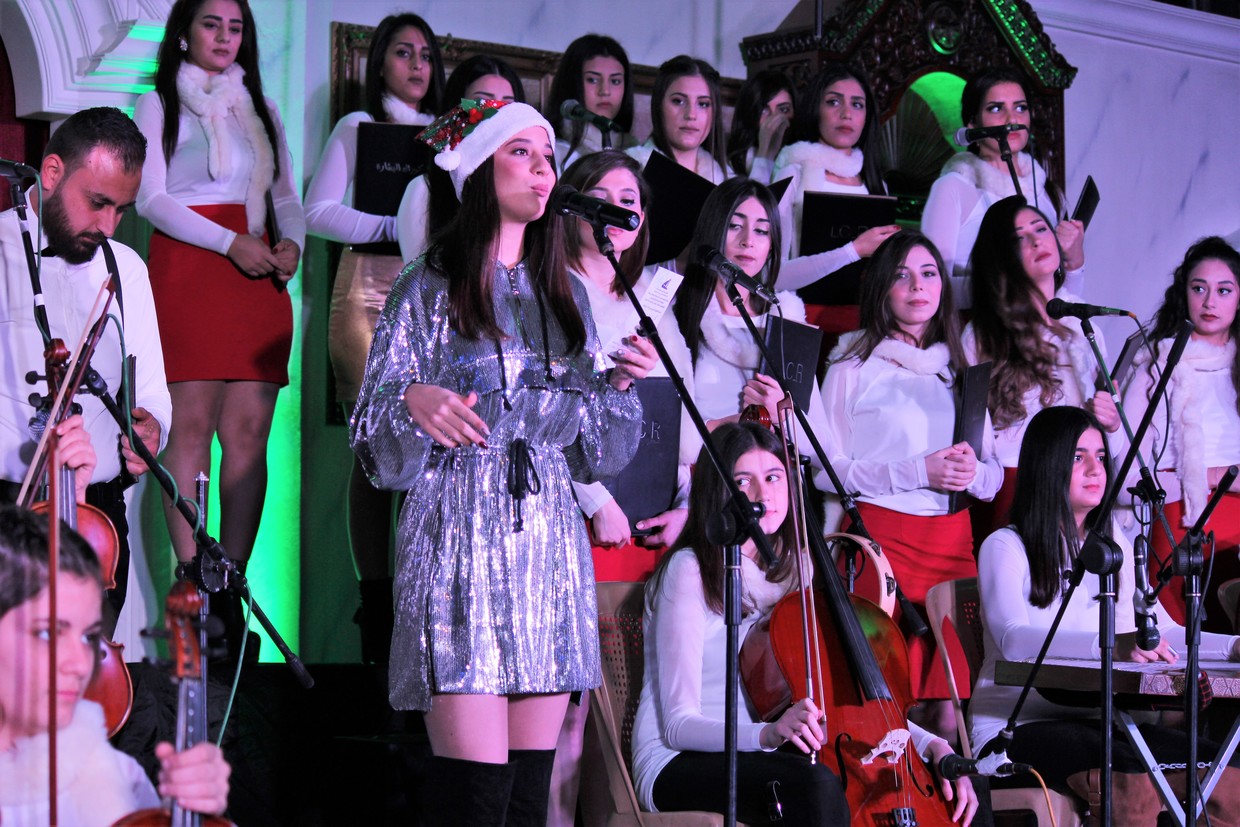
On the 27th December the “Coral Annunciation” a local group of young musicians and singers brought the house down in Al Skeilbiyyeh. Students from the town sang and played their hearts out to a packed audience. Stunning is the only way to describe their powerful presentation of the victorious spirit of this town and of Syria. Celebrations after this spectacular event went on until the early hours of the following morning as Nusra Front lay in wait in the darkness less than 1km away from the revelry.
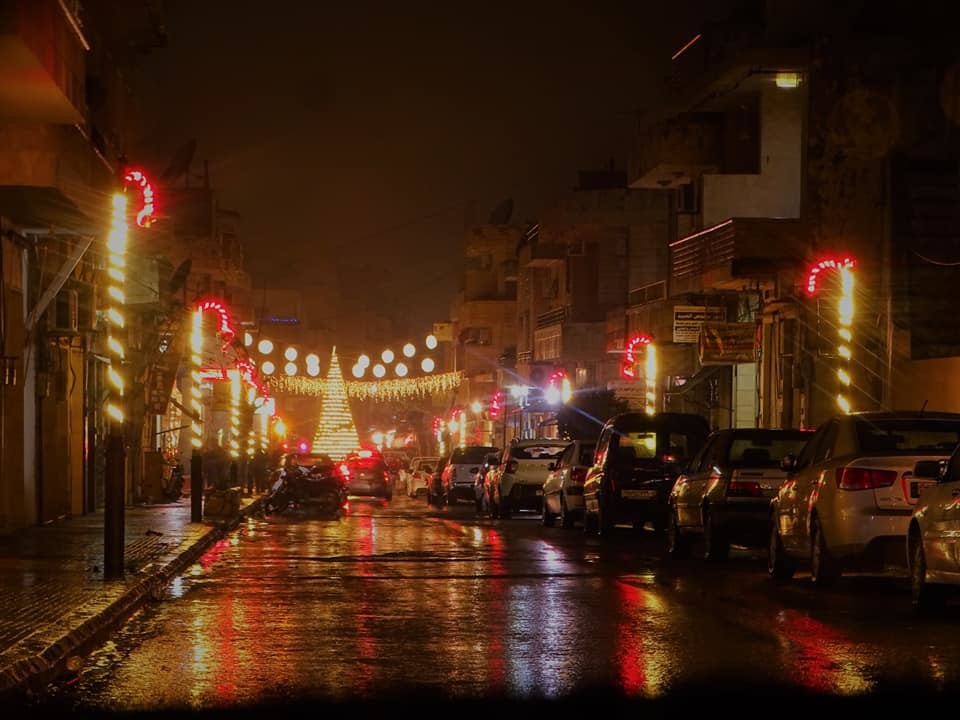
In September 2018 both Al Skeilbiyyeh and Mhardeh had come under attack from the Western-backed armed groups who targeted the towns with prohibited cluster munitions. In Mhardeh thirteen civilians were martyred as a result of this heinous attack which was barely acknowledged by western media or the international community.
Mhardeh resident, Shade Yousef Shehda, suffered overwhelming loss in this attack. Shadi’s mother Afifeh, his wife Rama, his eldest daughter Maria, six-year-old son, Fadi and his two-year-old daughter Stefani were martyred on the 7th September 2018, “sliced to pieces” by the missiles that had been launched by the extremist groups.
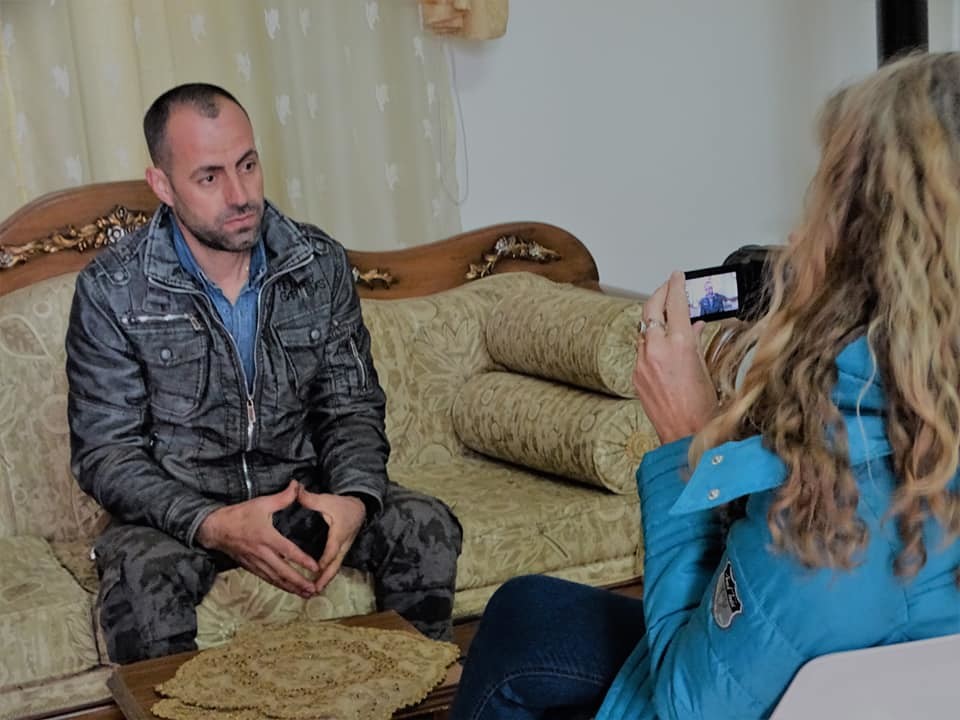
I met with Shade in September and again three days after Christmas 2018 when he spoke to me of his refusal to be driven from his town or his country by the terrorist attacks, despite the unimaginable grief he was still processing. Shade told me that, he would never leave Mhardeh:
“I offered to my mother, Syria, the most precious things in my life - my mother, my wife and my three children but despite this I celebrated Christmas in Mhardeh because Mhardeh is the ‘Sun City”, the source of life. In spite of everything, I am ready to sacrifice myself for Mhardeh and for Syria. My family watered the soil with their blood and I am ready to do the same”
If, in the face of such devastation, the flame of resistance can still burn so brightly in the hearts of the most profoundly affected in Syria - what hope does extremism have of victory in a land of such courage and steadfastness?
ALSO ON RT.COMSyrian Christian town where Jesus’ language remains in use celebrates Christmas (VIDEO)
Simon Al-Wakil, commander of the Syrian National Defence Forces in Mhardeh explained why 2018 was such an important Christmas for all of Syria:
“The Syrian Arab Army and their allies have liberated many regions in Syria, regions which were under the control of the terrorist groups. Our Army has restored security and safety to these regions which means safety and security for our churches, our families and our children - for all Syrians”
While the tree-lighting ceremonies and festivity lit up the night sky in 85% of Syrian territory liberated from the West’s proxy invaders and their auxiliaries, in Idlib no such celebrations were permitted by the sectarian tyrants that permeate the occupying forces supported by the US Coalition. The desecration of churches and theft of historic artefacts from Christian towns in Idlib province is the legacy of the illegal armed groups promoted by the West as purveyors of “Democracy”
In August 2018, “moderate rebel” promoter, Charles Lister, attempted to whitewash the sectarian crimes of the extremist groups in Idlib by claiming that the Christian communities of Al Quneyah and Yacoubieh had remained almost “entirely intact” despite the terrorist invasion. Syrian analyst and journalist, Camille Otrakji, immediately discredited this claim by describing the defacing of the local churches by the armed groups and the exodus of the majority of the residents after occupation. According to Otrakji:
“Al Nusra removed Mother Mary’s statue at the village center and broke or covered all the crosses. They forced the Christian residents who remained to attend their Salafi religious education”.
In September 2017 relatives of residents in Yacoubieh spoke of White Helmet involvement in the theft of homes and their occupation by the terrorist groups in preparation for the sectarian despotism that would follow. The White Helmets and their western PR agencies have extolled the virtues of their proclaimed “impartiality” yet this UK/US intelligence-midwived “propaganda construct” has consistently demonstrated its partiality to sectarian violence in Syria.
While assuming the “humanitarian”and ethical moral high ground in the Syrian conflict, effectively the West has been the greatest threat to the Christian communities in Syria and the Middle East through its invasive foreign policy and sponsorship of the extremist armed groups that threaten to ethnically cleanse these communities from the region.
The targeting of all Syrian minority communities is the direct result of the US coalition’s criminal intervention in the affairs of a sovereign nation and the fomenting of a violent insurgency against the Syrian government. As Syria’s territorial integrity is almost fully restored and her people return to peace and security, Christmas 2018 represents the triumph of Syrian secularism over externally incited brutal sectarianism and brings with it hope and optimism for the future of Syria and the region.
The statements, views and opinions expressed in this column are solely those of the author and do not necessarily represent those of RT.
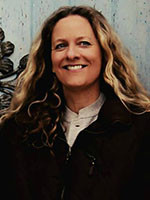
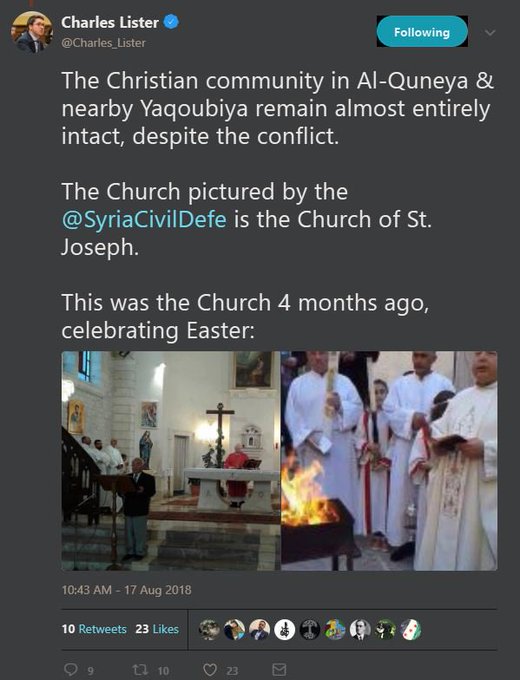
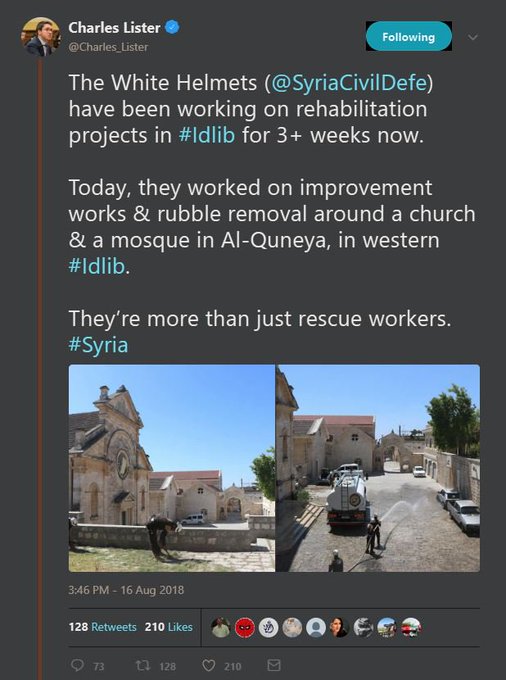
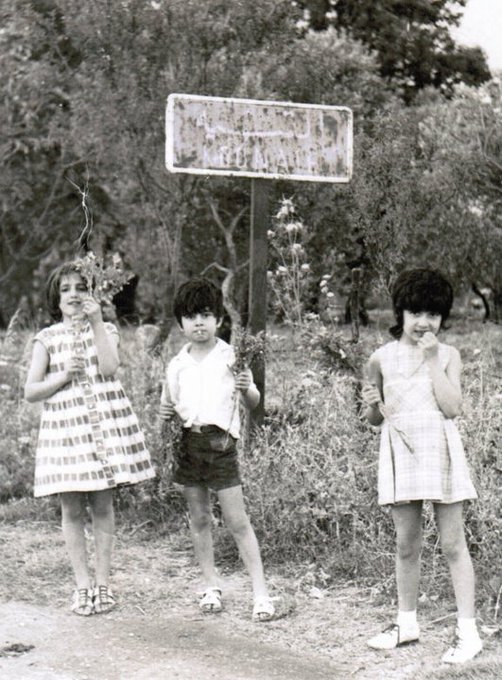
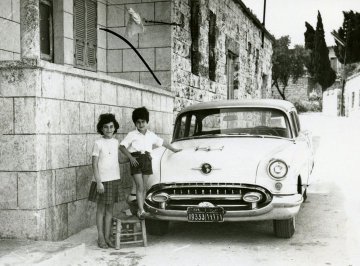

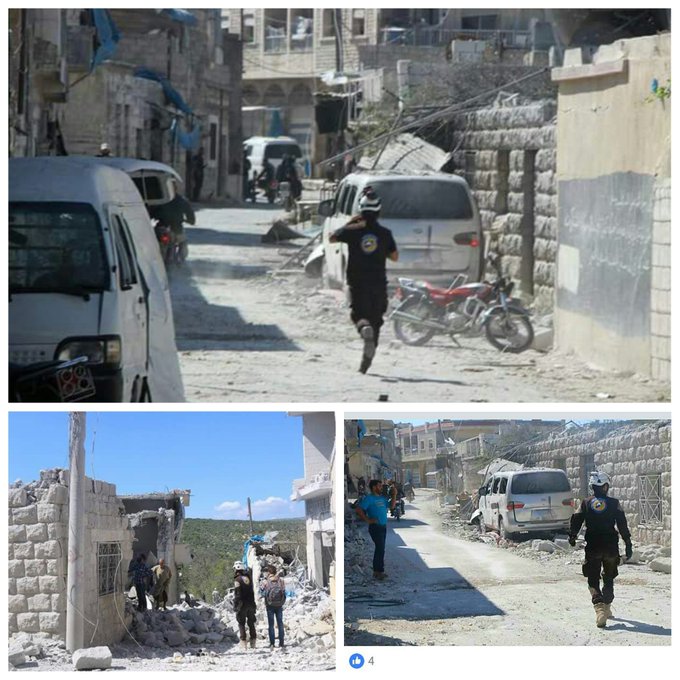


0 Comments:
Post a Comment
Subscribe to Post Comments [Atom]
<< Home